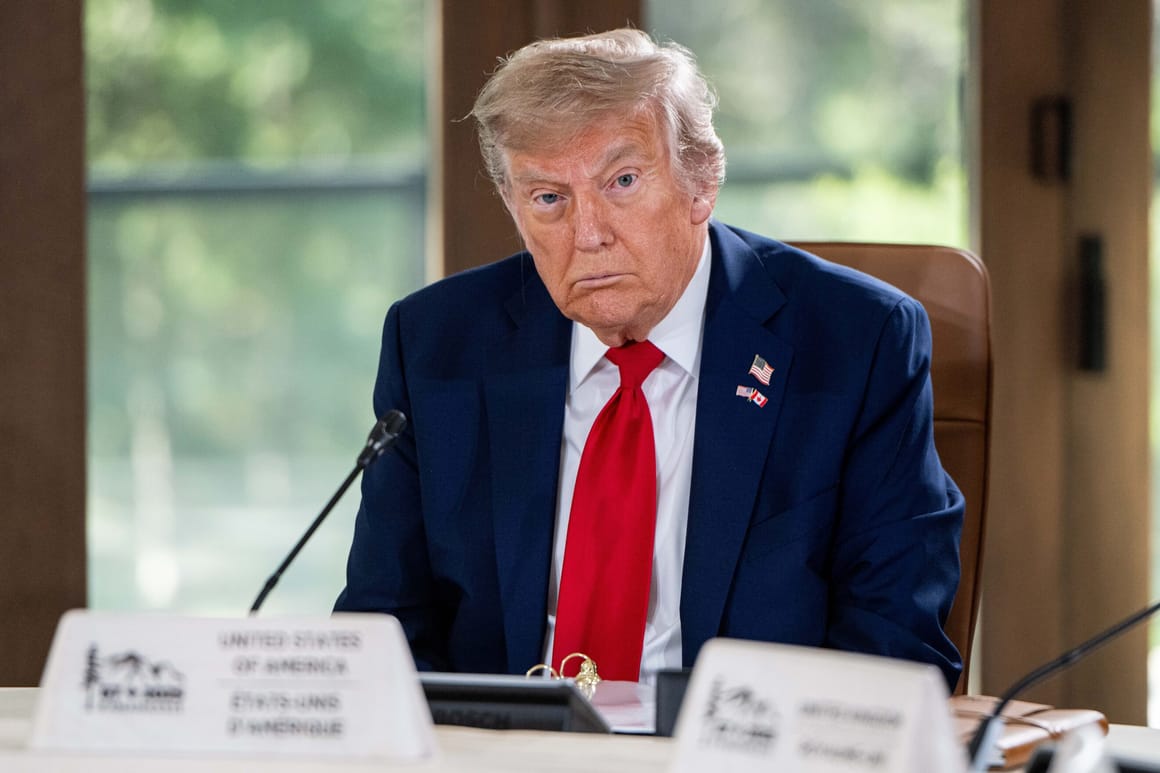At the annual NATO summit held in The Hague, United States President Donald Trump issued a stark warning that the fragile ceasefire between Israel and Iran could collapse, leading to renewed hostilities “perhaps soon.” Speaking to the press, Trump remarked that both nations appeared exhausted from the recent fighting, but he did not rule out the possibility of another round of conflict. “I dealt with both and they’re both tired, exhausted… and can it start again? I guess someday, it can. It could maybe start soon,” Trump said, highlighting the uncertainty that still hangs over the region.
The warning comes after a turbulent fortnight in West Asia, where Israel and Iran engaged in the most direct and intense confrontation in decades. The violence began when Israel launched a surprise air campaign targeting Iranian nuclear and missile facilities, an operation that killed several top Iranian military commanders and severely damaged Iran’s nuclear infrastructure. Iran retaliated with a series of missile barrages targeting Israeli military sites and cities, but Israeli air defences managed to intercept most of the incoming threats.
Role of US in Ceasefire
The United States, under Trump’s leadership, played a key role in brokering a ceasefire after 12 days of fighting. According to reports, Trump personally appealed to both Israeli Prime Minister Benjamin Netanyahu and Iranian officials to halt further attacks. He argued that the US had already achieved its main objective of neutralising Iran’s nuclear threat and that further escalation was unnecessary. Netanyahu, while not fully agreeing with Trump’s assessment, agreed to pause Israeli operations in response to the American request.
Despite the ceasefire, the situation remains precarious. Both Israel and Iran initially violated the phased 24-hour truce, exchanging accusations over who fired the first shot. Eventually, the fighting subsided, and for the first time in nearly two weeks, missiles and drones stopped flying between the two countries. However, the cost was high: Iran’s Health Ministry reported over 600 deaths from Israeli strikes, while Israeli sources confirmed casualties from Iranian missile attacks.
Trump, addressing the summit, insisted that US-led strikes had “obliterated” Iran’s ability to build a nuclear weapon, citing reports from the Israel Atomic Energy Commission that claimed Iran’s enrichment facilities were rendered inoperable for years to come. However, some intelligence assessments suggest the strikes may not have been as effective as initially thought, and Iran still retains stockpiles of enriched uranium. Trump also revealed that US and Iranian officials would resume talks next week, raising hopes for a diplomatic breakthrough but also acknowledging the risk that negotiations could fail and fighting could resume.
The root of the conflict lies in Israel’s deep suspicion of Iran’s nuclear programme and Tehran’s support for anti-Israel groups across the region. The recent escalation marks a shift from proxy warfare to direct military confrontation, raising fears of a wider regional war and global economic disruptions, especially in the oil markets.
For now, the guns have fallen silent, but the peace remains fragile. Trump’s warning at NATO serves as a reminder that unless a lasting agreement is reached, the risk of another devastating conflict between Israel and Iran remains dangerously high.


